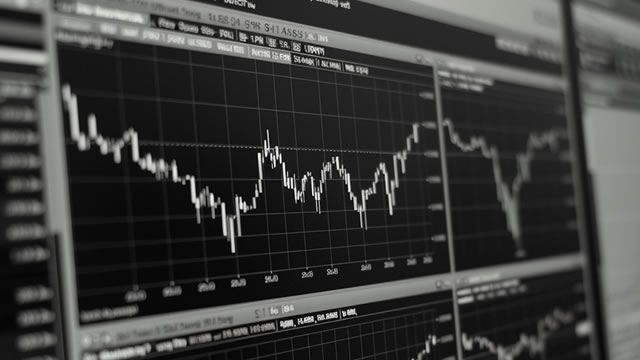President Trump’s Economic Decision: Averting a Depression or Just a Recession?
The global economic landscape has been undergoing significant changes in recent times, with uncertainties surrounding various factors such as trade policies, geopolitical tensions, and health crises. One of the most influential figures in shaping this economic landscape is none other than President Donald Trump of the United States.
According to a report by The Wall Street Journal, President Trump was well-aware that the economy could be heading towards a recession. However, he was determined to prevent a more catastrophic outcome – a depression. This decision was influenced by the collapsing bond market, which served as a red flag for potential economic instability.
The Collapsing Bond Market: A Cause for Concern
The bond market, a crucial component of the financial system, plays a significant role in determining interest rates and economic stability. When the bond market collapses, it can lead to a rise in interest rates and a decrease in investor confidence. This, in turn, can negatively impact economic growth.
Kevin Hassett, the Director of the U.S. National Economic Council, shed some light on this matter during an interview with CNBC on Thursday. Hassett explained that the collapsing bond market was a major factor in Trump’s decision to reconsider his trade policy. The fear of a potential depression was a significant concern, and the president wanted to take action to mitigate the risks.
Implications for Individuals: Uncertainty and Volatility
The potential economic downturn could have significant implications for individuals. For those who are employed, there is a risk of job losses or reduced working hours. Those who are invested in the stock market could see a decline in the value of their investments. Additionally, those who rely on social safety nets, such as unemployment benefits or food assistance, could see their resources stretched thin.
- Job losses or reduced working hours
- Decline in investment value
- Strained resources for those relying on social safety nets
Implications for the World: Global Economic Instability
The economic instability could also have far-reaching implications for the world. A recession or depression in the United States could lead to a ripple effect, impacting economies around the globe. This could result in reduced trade, decreased investment, and increased debt.
- Reduced trade
- Decreased investment
- Increased debt
Furthermore, geopolitical tensions, such as those between the United States and China, could exacerbate the economic instability. The trade war between the two superpowers has already led to increased tariffs and decreased trade, and a potential economic downturn could make the situation even more volatile.
Conclusion: Navigating Uncertainty
The economic landscape is uncertain, and the decision by President Trump to reconsider his trade policy in light of the collapsing bond market is a sign of the times. Individuals and businesses must be prepared for potential job losses, decreased investment value, and increased economic instability. Governments and international organizations must work together to mitigate the risks and promote economic growth.
As we navigate this uncertain economic terrain, it is essential to stay informed and adapt to the changing environment. By working together and taking proactive measures, we can weather the storm and emerge stronger on the other side.





